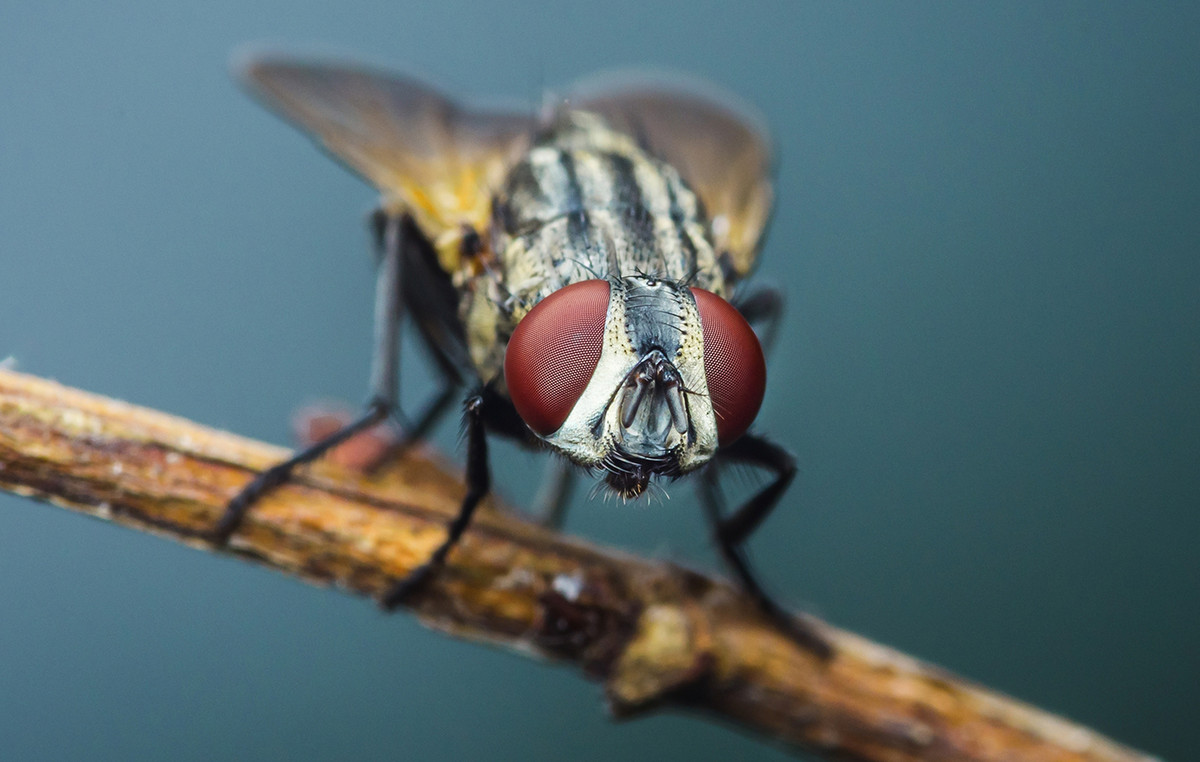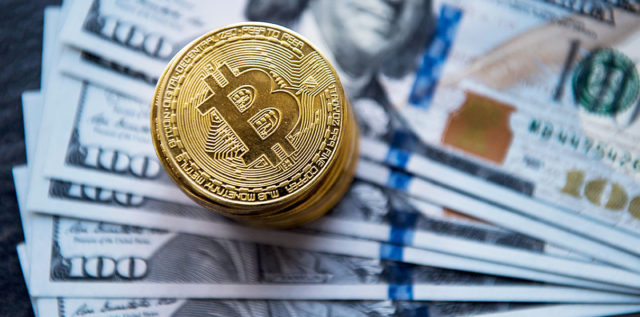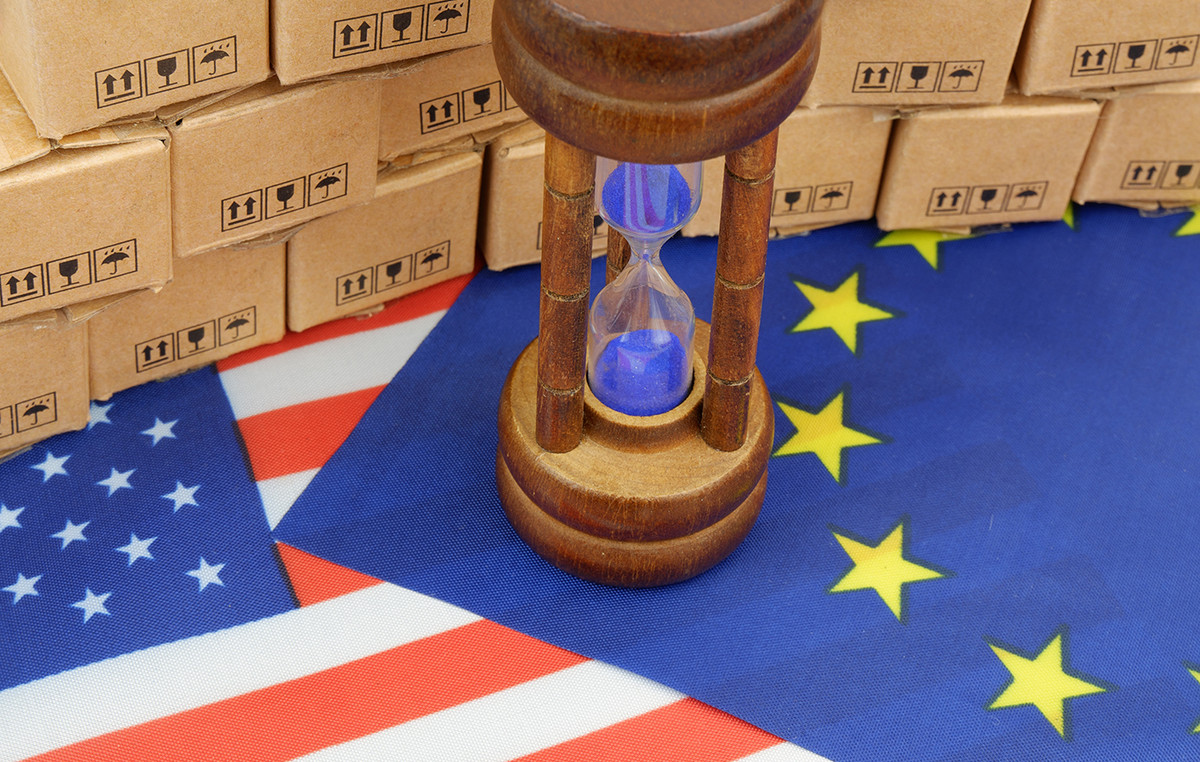More than 77 million Brazilians did not receive the first booster dose of vaccines against Covid-19, according to data from the National Immunization Program (PNI) released this Thursday (24). Already 24 million people could have received the second booster dose against the disease, but have not yet been vaccinated.
The primary vaccination scheme against Covid-19 includes two doses for most of the available vaccines, including those from Pfizer, AstraZeneca and Coronavac, applied in Brazil. With advances in scientific knowledge about the immunity generated by vaccines, it was observed that protection tends to decrease over time, between six and eight months after the application of the two initial doses.
To rescue prevention against aggravation and death from the infection caused by the coronavirus, the scientific community has reached a consensus on the importance of applying booster doses. Studies show that this strategy increases the immune response and increases protection against severe cases and deaths from the coronavirus by more than five times.
new vaccines
Throughout the pandemic, the SARS-CoV-2 virus, which causes the disease, gave rise to several variants, such as Omicron, which also has subvariants. The accumulation of a series of mutations can favor aspects such as transmissibility and the ability of the virus to infect.
Faced with changes in the virus and the possibility of escaping the new lineages to the immune response generated by vaccines developed and in use around the world, pharmaceutical companies started to develop up-to-date immunizers adapted to the most epidemiologically relevant strains, such as BA subvariants. 1, BA.4 and BA.5, by Ômicron.
Reinforcement with Pfizer’s bivalent vaccine against Covid-19, which also includes Ômicron’s BA.4 and BA.5 sublines, for example, presents a significantly superior immune response compared to vaccination with the pharmaceutical’s original immunizer, according to the information released by Pfizer at the beginning of the month.
The vaccine, called bivalent, received authorization from the National Health Surveillance Agency (Anvisa) for emergency use on Tuesday (22), along with another immunizer that includes the subvariant BA.1.
why not wait
CNN consulted the Ministry of Health about deadlines for the arrival of bivalent vaccines in the country and availability at health posts. In a note, the ministry stated that “it will ask the laboratory for the schedule for sending the batches with the new immunizers, considering that the current contract of the portfolio with suppliers includes the delivery of vaccines with updated strains”.
The Ministry of Health emphasizes that the vaccines available at vaccination centers remain effective against severe forms of the disease. In addition, it states that the complete vaccination schedule, including booster doses, is essential so that vaccination actions can continue in 2023.
In recent weeks, Brazil faces a increase in the number of cases of the disease. The InfoGripe bulletin from the Oswaldo Cruz Foundation (Fiocruz), released on Wednesday (23), shows an increase in infections by the coronavirus among positive cases of severe acute respiratory syndrome (SARS) in states in all regions of the country.
In view of the epidemiological scenario, the Brazilian Society of Infectious Diseases (SBI) released a note recommending the search for booster doses against the disease. “Increase Covid-19 vaccination rates, especially with regard to the different first-generation booster doses depending on the eligible population, which are all at still unsatisfactory levels in the target audiences”, says an excerpt from the note.
Understand the booster dose scheme in Brazil
The application of booster doses in the country follows guidance from the Ministry of Health.
Currently, the first booster dose for those who started the vaccination schedule with AstraZeneca, Pfizer or Coronavac is recommended for people over 12 years of age and should be administered four months after the second application. The second, at the moment, is recommended by the Ministry of Health for the population over 40 years of age and health workers regardless of age and should be administered four months after the first booster dose.
For those who started the vaccination schedule with the single application of Janssen, the recommendation is a booster given two months after starting the vaccination schedule; and the other two that must comply with the four-month interval between one and the other. For the immunocompromised population aged 12 to 39 years, who started the vaccination schedule with AstraZeneca, Pfizer or Coronavac, a booster dose is recommended four months after the additional one.
For immunocompromised individuals who started the vaccination schedule with Janssen, two booster applications are indicated after the additional dose, with an interval of four months between them. Recommended booster vaccines are those from Pfizer, AstraZeneca or Janssen — these can be used for people aged 18 years or older. For adolescents between 12 and 17 years old, the Pfizer vaccine should preferably be used. If it is not available, the Coronavac vaccine can be used in the booster dose, according to the ministry.
Source: CNN Brasil
I am an experienced journalist and writer with a career in the news industry. My focus is on covering Top News stories for World Stock Market, where I provide comprehensive analysis and commentary on markets around the world. I have expertise in writing both long-form articles and shorter pieces that deliver timely, relevant updates to readers.







